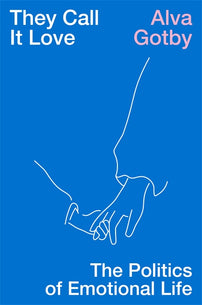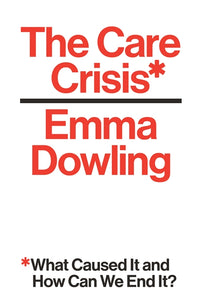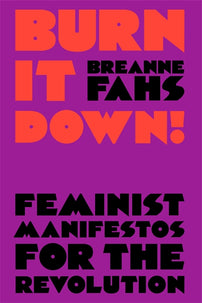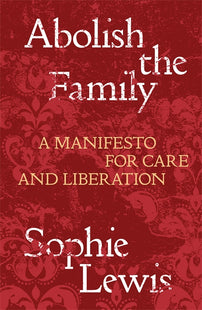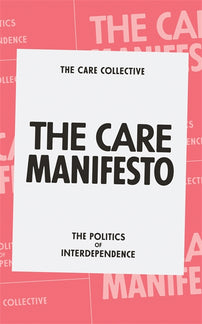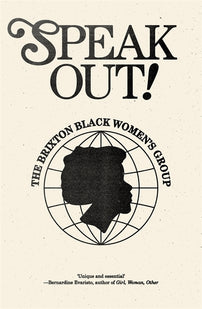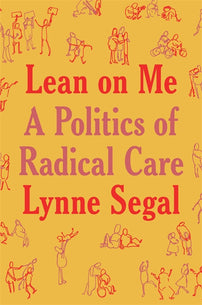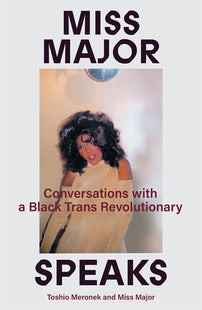10 books on motherhood
On reproductive labour, family abolition, and estrangement!
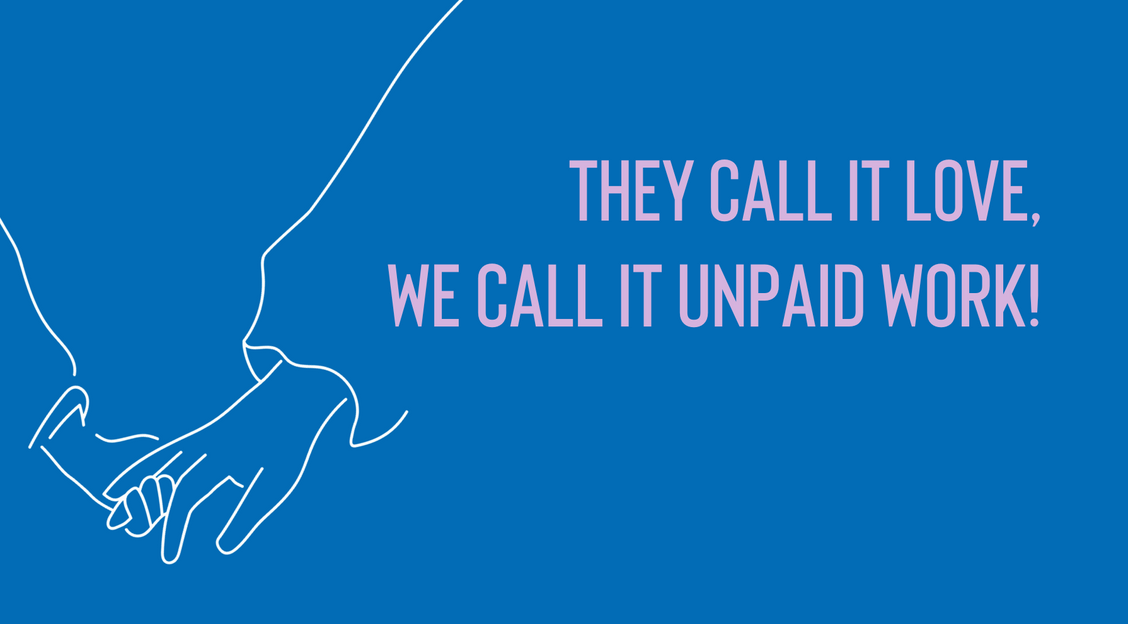
This Mother’s Day, give the gift of acknowledging the massive amount of essential unpaid labour women do in the home and fight for a better world.
[book-strip index="1"]
“The work of caring for people is an essential but disavowed and devalued aspect of capitalist societies. Without the labour of ensuring that most people feel well enough to keep going to work, capitalism could not function.”
[book-strip index="7"]
"Your communism is more felt than thought. About your mother’s suffering, you could do nothing; about the suffering of labor, that need not be as inevitable as death."
[book-strip index="2"]
“Is it that I don’t take Mum’s suffering seriously, but only my own? We are closest to our own suffering. But I suspect that mine is deeply linked to hers, which was so secret, I’ve always had a strong sense of it.”
[book-strip index="8"]
"Many a Black mother has come under attack of the police when she rose in defence of her children."
[book-strip index="9"]
"We are still demanding that mothers perform the impossible, that they rescue us from all our personal and political weaknesses, and then we blame them for failing at this hopeless task."
[book-strip index="10"]
"For more than fifty years, Miss Major has played the crucial role of surrogate mother and grandmother to countless trans and queer people around the world."
[book-strip index="3"]
“Worldwide, mothers (but not fathers) experience income loss as a result of having children, and the lack of affordable childcare is often a reason why mothers are not engaged in paid employment.”
[book-strip index="4"]
"When we speak of housework we are not speaking of a job as other jobs, but we are speaking of one of the most pervasive manipulations that capitalism has perpetrated against any section of the working class." (Wages Against Housework, 1974)
[book-strip index="5"]
“Perhaps, when you were very young, you quietly noticed the oppressiveness of the function assigned to the mother in your home. You sensed her loneliness. You felt a twinge of solidarity. Children often “get” this better than most.”
[book-strip index="6"]
“We all have the capacity to care, not just mothers and not just women, and all our lives are improved when we care and are cared for, and when we care together.”
